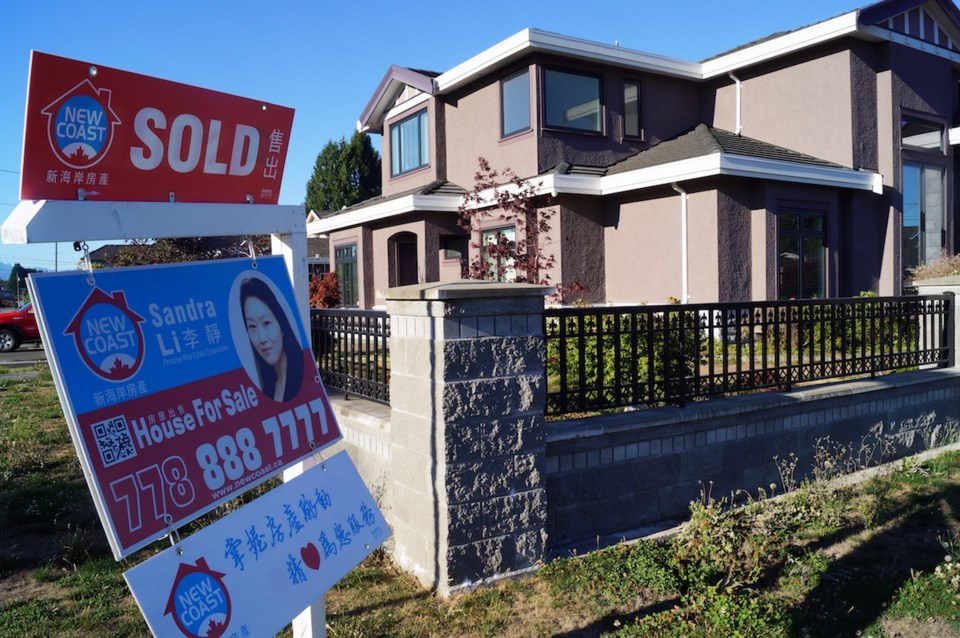Dear Editor,
A 50.2 per cent increase in a senior citizen’s property tax assessment isn’t morally justifiable.
Recently, an 84-year-old Richmond senior showed me a BC Assessment notification that their tax assessment was going to increase by a huge amount.
Many seniors who purchased their homes 40 or 50 years ago paid very little compared to today’s prices and they could make a considerable amount if they sold their home in today’s market.
But that is too simplistic.
Seniors live on pensions, assistance, investments and, perhaps, some part-time employment.
The vast majority (the 99 per cent) live on relatively fixed incomes with small, if any, annual increases and they obviously could not afford to purchase their homes in today’s market.
It’s very stressful and intimidating to receive these notices from the government and it can force people out of their homes where they are still healthy and happy.
It is a mistake to believe that seniors are wealthy because of their equity. Equity doesn’t pay for groceries, the heat, charitable donations or gifts for grandchildren.
Although there is an option to defer property taxes, that only kicks the can down the road and the exorbitant bill will come due.
If health problems cause a senior to sell and move into a care facility, their living and health care expenses go up and government takes more money out of their pockets.
Property owners, including seniors, should pay property taxes, but increases should be fair and reasonable.
How can a 50 per cent increase on already inflated property values be justified? Simply put, it can’t be justified because it’s manifestly unjust.
Property tax assessments and increases should have some connection to reality. Simply looking at neighbourhood sales, including new multi-million dollar house sales, is not an equitable process because it’s disconnected from a long-term owner’s income and ability to pay.
Until a property is sold, increases should be limited to smaller increments. When a property is sold after 30 or even 50 years, the assessment should then be adjusted to reflect the new value/price since a $3 million or $4 million purchase is a strong indicator of a new owner’s ability to pay.
Government policy should help people stay in their homes, not force them into selling.
Andy Hobbs
Richmond



